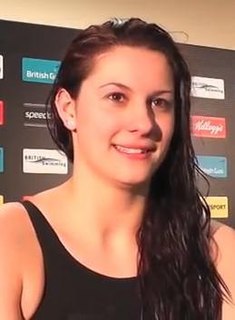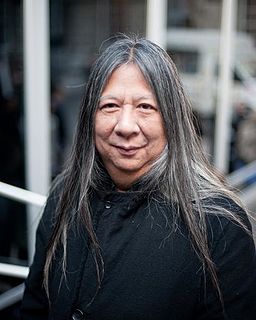A Quote by Werner Herzog
My non-fiction films are pretty much fiction, or at least close... It's all "movies" for me. I never have searched for a subject. They always just come along. They never come by way of decision-making. They just haunt me. I can't get rid of them. I did not invite them.
Related Quotes
As far as commercials were concerned, I did very few, and I did them only when they gave me carte blanche to them the way that I wanted to. And I did them as an exercise, because I, who do very long films, never thought I would be able to tell a story in 30 or 40 seconds - you come across a whole new system and manner of approaching a subject.
I've always been such a fan of short films - in fact, I never considered that I would actually make a feature. I just thought I wanted to make shorts for the rest of my life. They are a lot harder to have shown and a lot harder to find and see as an audience, but I don't know. It's just a form that I really love. I was just making them for the process, but ultimately, I did get them into festivals, and they did end up on television, and they had as much of a life as short films can.
It had also been my belief since I started writing fiction that science fiction is never really about the future. When science fiction is old, you can only read it as being pretty much about the moment in which it was written. But it seemed to me that the toolkit that science fiction had given me when I started working had become the toolkit of a kind of literary naturalism that could be applied to an inherently incredible present.
I've never written a fiction before about real people. . . . I read everything that I could find by people who met them and tried to get some impression of them, but as always when you write fiction, even if you have completely fictitious characters, you start by thinking of what is plausible, what would they say, what would they be likely to do, what would they be likely to think. At some point, if it is every going to come to life, the characters seem to take over and start speaking themselves, and it happened with [COPENHAGEN].
When I met Akira Kurosawa in Japan, one question he asked me was, "How did you actually make the children act the way they do? I do have children in my films but I find that I reduce and reduce their presence until I have to get rid of them because there's no way that I can direct them." My own thought is that one is very grand, like an emperor on a horse, and it's very hard for a child to relate to that. In order to be able to cooperate with a child, you have to come down to below their level in order to communicate with them.





































